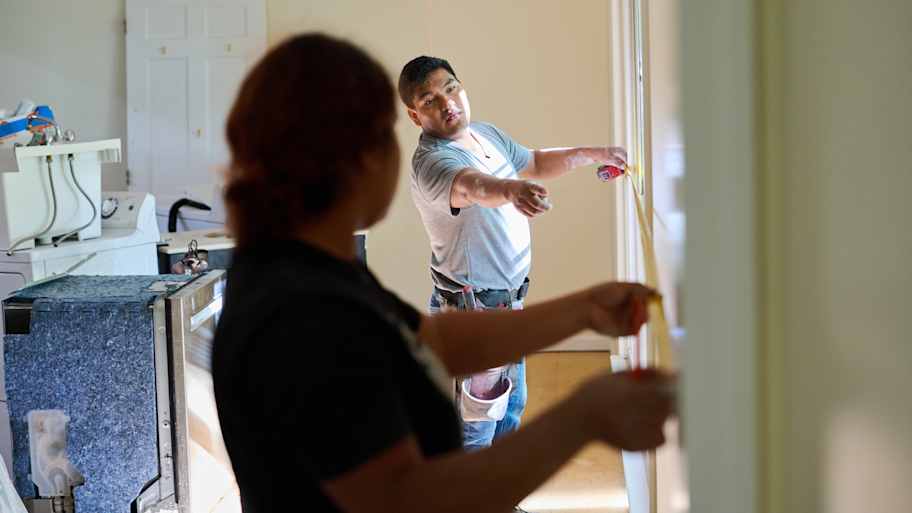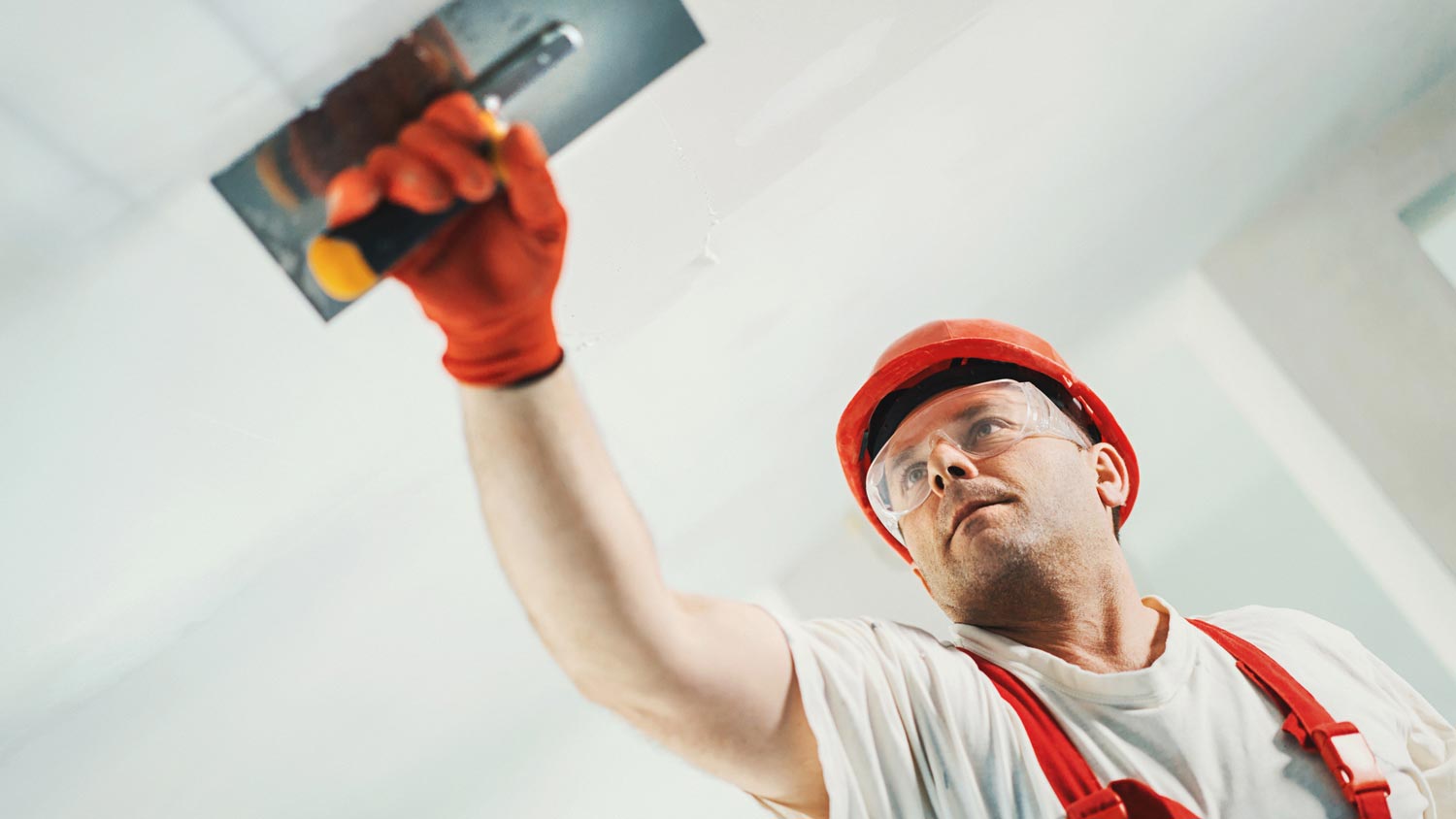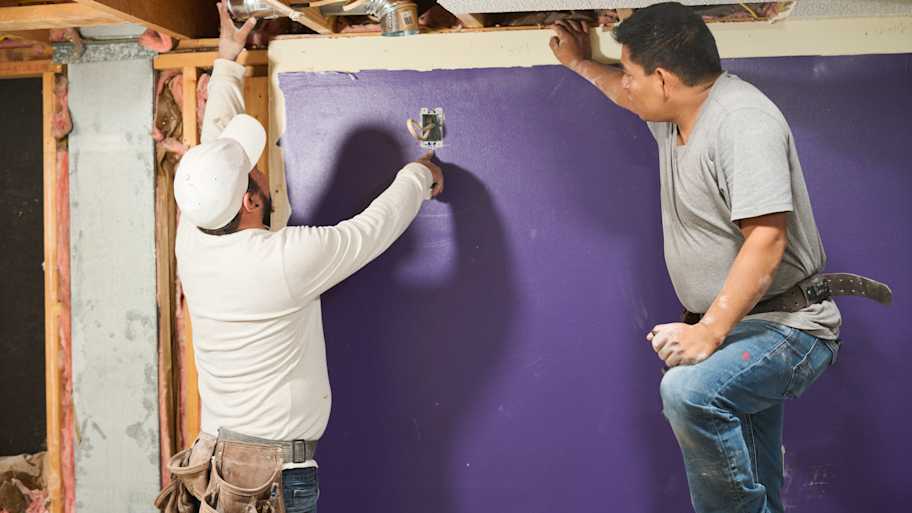5 Types of Drywall Tape and Their Uses
Drywall strength is in the details


Drywall tape serves as the foundation for creating smooth, seamless walls and ceilings, and selecting the appropriate type is crucial for achieving a professional finish. You want to find a product that fits within your project needs from appearance to budget for this stage of drywall finishing levels. Read on to explore five types of drywall tape to make an informed decision and elevate the quality of your drywall work.
1. Paper Tape
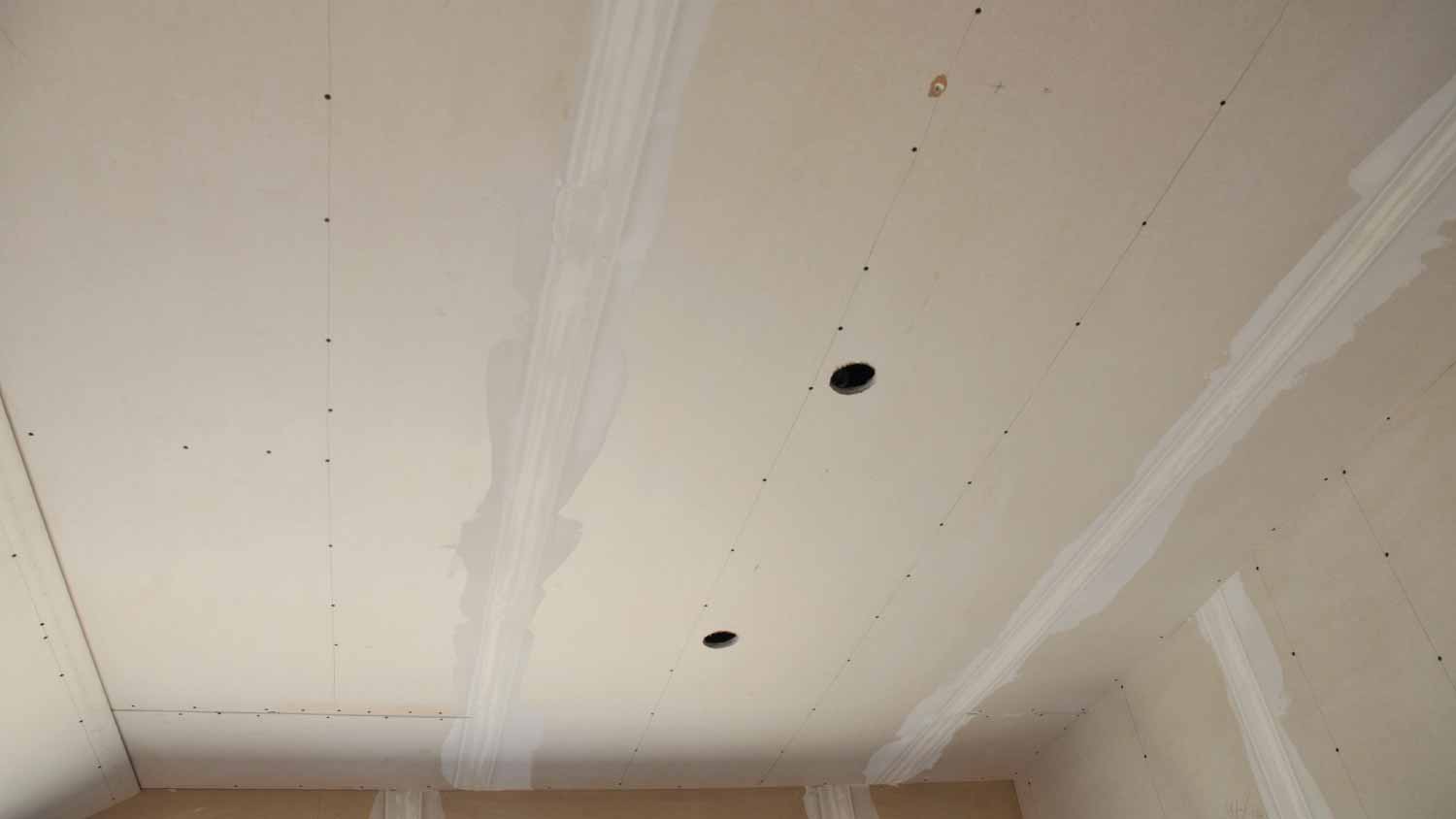
Paper tape is a traditional, widely used option for drywall taping and is valued for its versatility. Made of paper material and typically available in rolls, the tape is used with joint compound, also referred to as drywall mud, for taping and finishing drywall seams and corners. The product provides good adhesion and a smooth finish when properly applied.
| Pros | Cons |
|---|---|
| Exceptional bond strength | Requires skill |
| Flexible, especially in corners | Dry locations only |
| Affordable | Prone to bubbling |
| Good adhesion | Time-consuming, especially for beginners |
Best for:
General drywall taping
Corners
Skilled drywallers
2. Mesh Tape
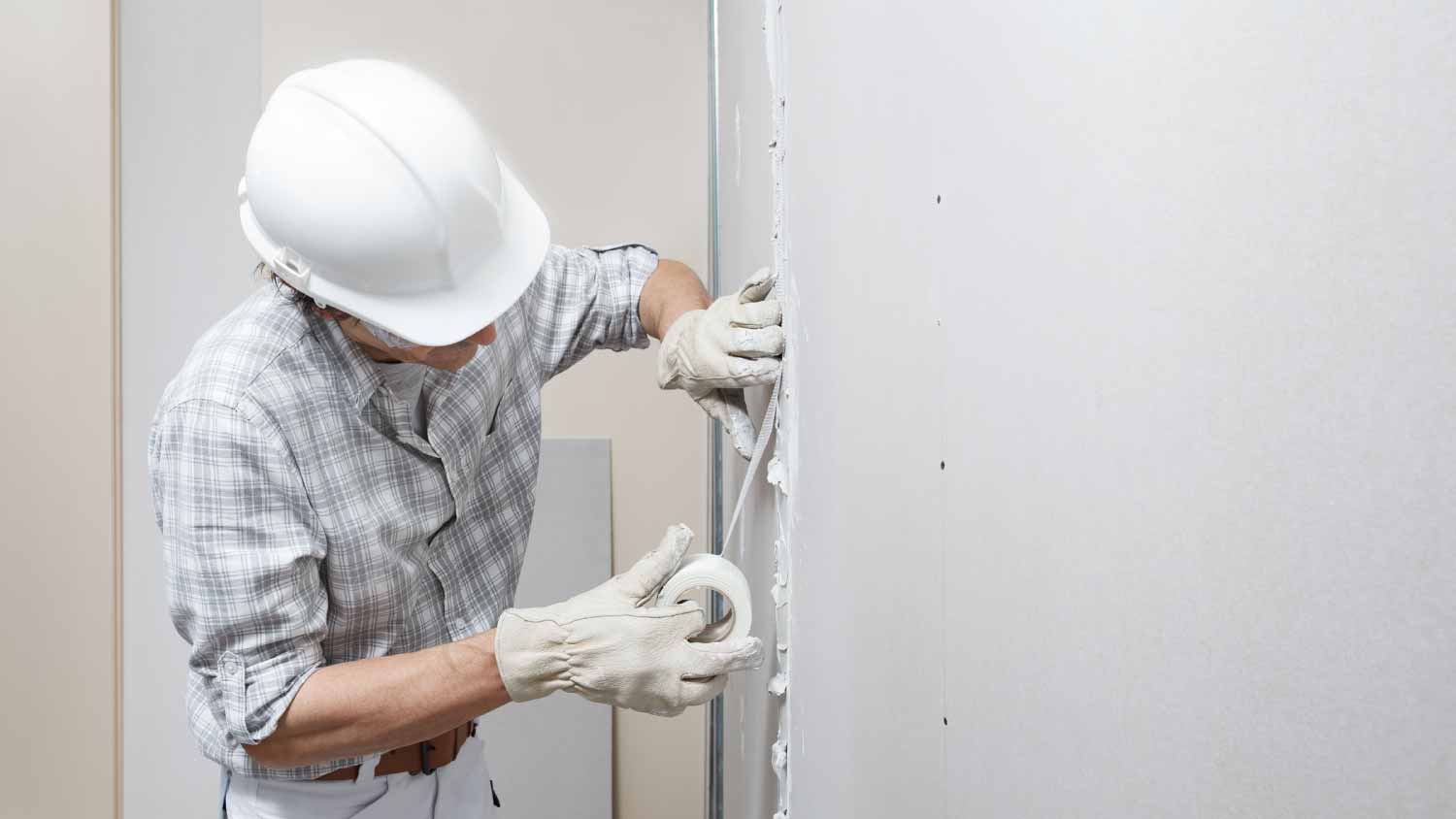
Mesh drywall tape has gained popularity in recent years for its unique characteristics and ease of use. The tape is constructed with an open mesh design, typically made from fiberglass or a combination of fiberglass and paper, which sets it apart as a stronger product when comparing paper versus mesh drywall tape.
| Pros | Cons |
|---|---|
| Durable and flexible | Not as strong as paper tape |
| Quick application | Difficult on corners |
| Minimal bubbling | Costly |
| Mold-resistant | More likely to crack |
Best for:
Beginners
Wet areas such as kitchens and bathrooms
Small repairs
3. Fiberglass Tape

Fiberglass drywall tape, crafted entirely from fiberglass, is a resilient and durable choice that caters to both professionals and DIYers. With its strong construction, fiberglass tape has become a staple for reinforcing drywall joints and preventing cracks and imperfections in the finished surface.
| Pros | Cons |
|---|---|
| Durable | Requires skill |
| Moisture-resistant | Textured surface appearance |
| Flexible | Costly |
Best for:
Wet areas
Areas prone to cracking
Small repairs
4. Moisture-Resistant Tape
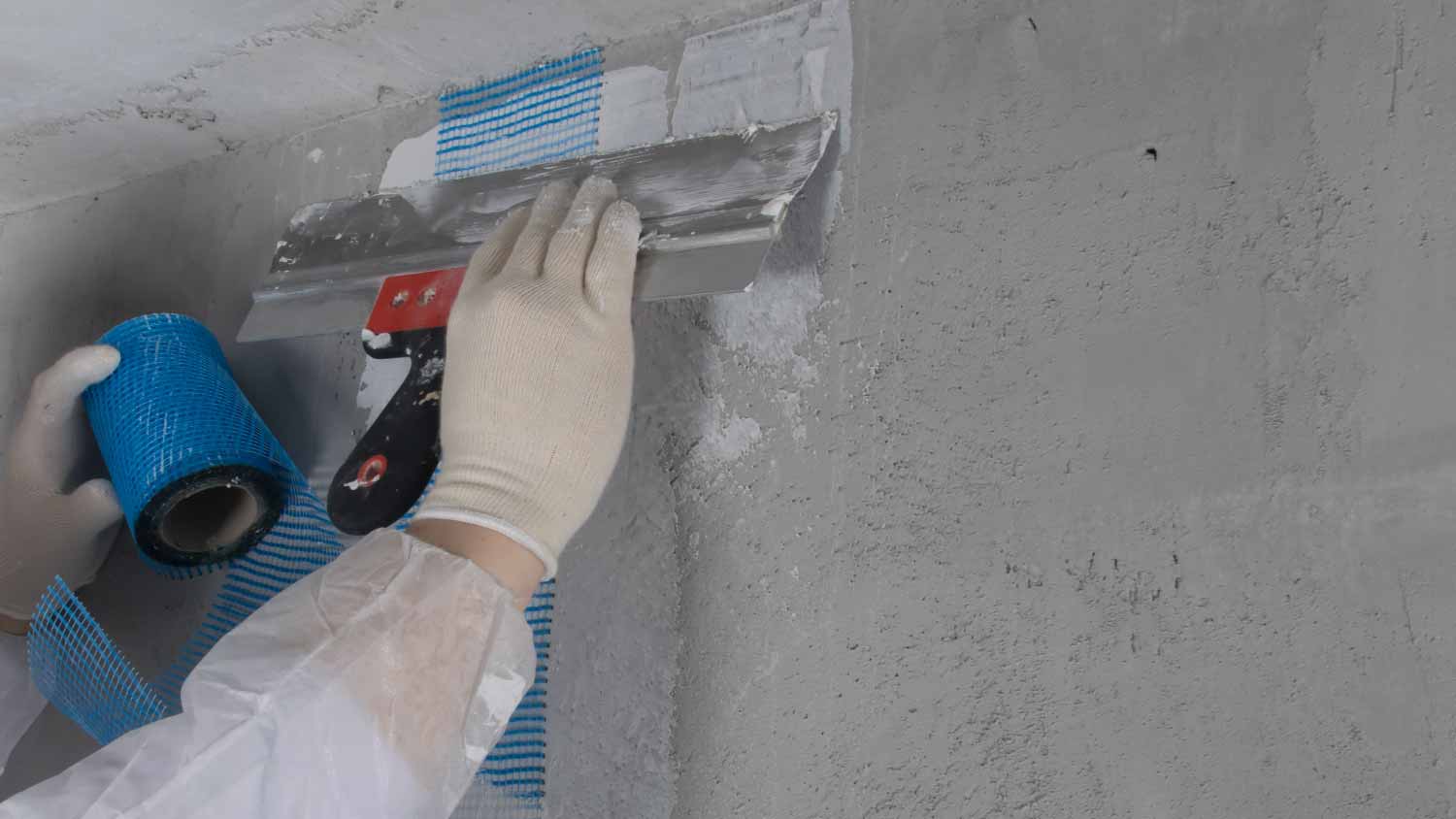
Moisture-resistant drywall tape, which may sometimes be referred to as mold-resistant tape, is specifically designed to combat the damaging effects of moisture and humidity on drywall structures. Whether in bathrooms, kitchens, or other high-moisture areas, the tape plays a crucial role in preventing the development of mold, mildew, and deterioration of drywall joints and seams.
| Pros | Cons |
|---|---|
| Very moisture-resistant | Costly |
| Reduces risk of mold and mildew | Not necessary for dry areas |
| Easy to apply | Limited texture options |
Best for:
Wet areas such as bathrooms, kitchens, and basements
Repairs in moist areas
5. Fire-Resistant Tape

Special fire-resistant drywall tape is an essential component of fire-rated construction, providing an added layer of protection to walls and ceilings. Designed with materials capable of withstanding high temperatures, this tape enhances the fire resistance of joints and seams, ensuring the safety and compliance of fire-rated structures.
| Pros | Cons |
|---|---|
| Heat- and fire-resistant | Not necessary for most areas |
| Restricts spread of flames in a fire | Requires skill |
| Meets certain building codes | Costly |
Best for:
Areas like utility rooms, garages, and between living spaces
Multi-unit dwellings
Certain commercial settings
How to Choose Drywall Tape
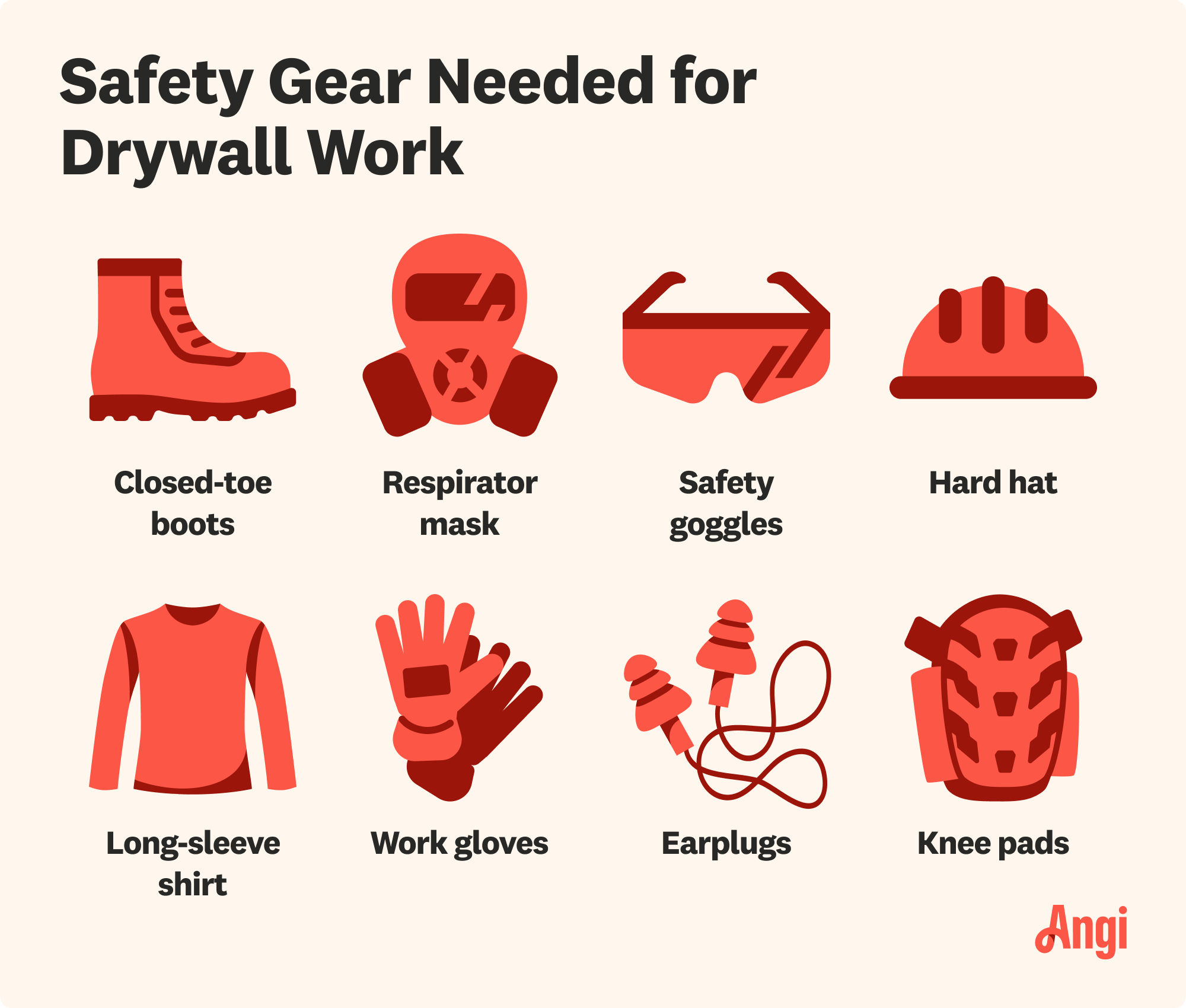
Consider the specific requirements of your project and your skill level when selecting drywall tape for your project. Paper tape is cost-effective and easy to work with, making it suitable for standard seams and corners. Mesh tape, on the other hand, offers flexibility and is ideal for irregular surfaces and corners, making it a good choice for those who are less experienced with drywall work.
If you want a good finish on your wall, it's absolutely worth it to pay for professional taping and mudding. Many DIYers are tempted to pay someone to hang the drywall and do the rest themselves, but this is one area where a skilled contractor can make a huge difference.
If you need exceptional strength and durability, especially in high-stress areas, fiberglass tape is your best bet. Additionally, fiberglass tape is resistant to moisture, making it suitable for humid environments. Keep in mind that mesh and fiberglass tapes often require less joint compound for adhesion due to their self-adhesive properties.
If you have concerns about mold and mildew growth, consider moisture-resistant drywall tape, especially in wet areas. While fire-resistant drywall tape may not be necessary for the average homeowner, it could be an option that provides peace of mind. However, you will want to hire a professional drywall specialist to tackle the project.
